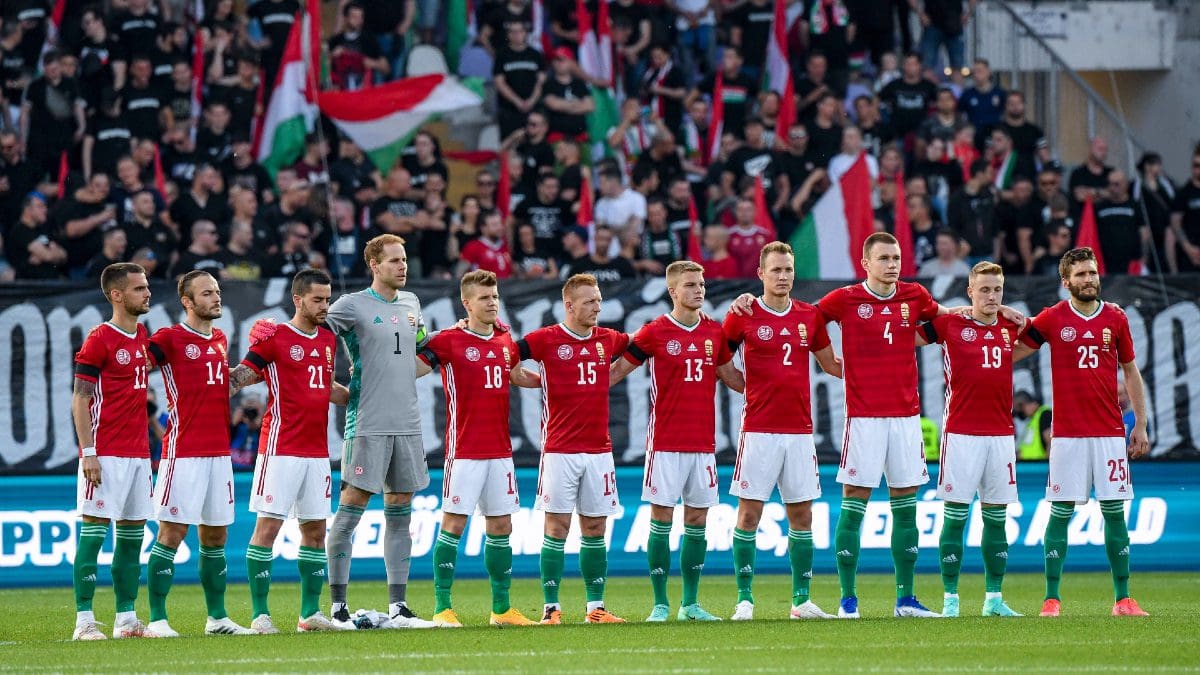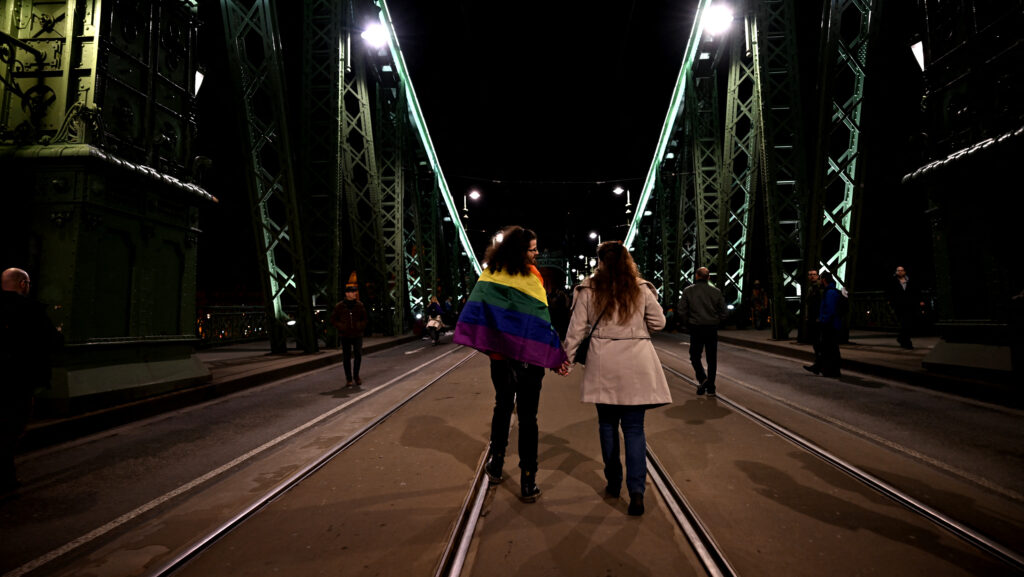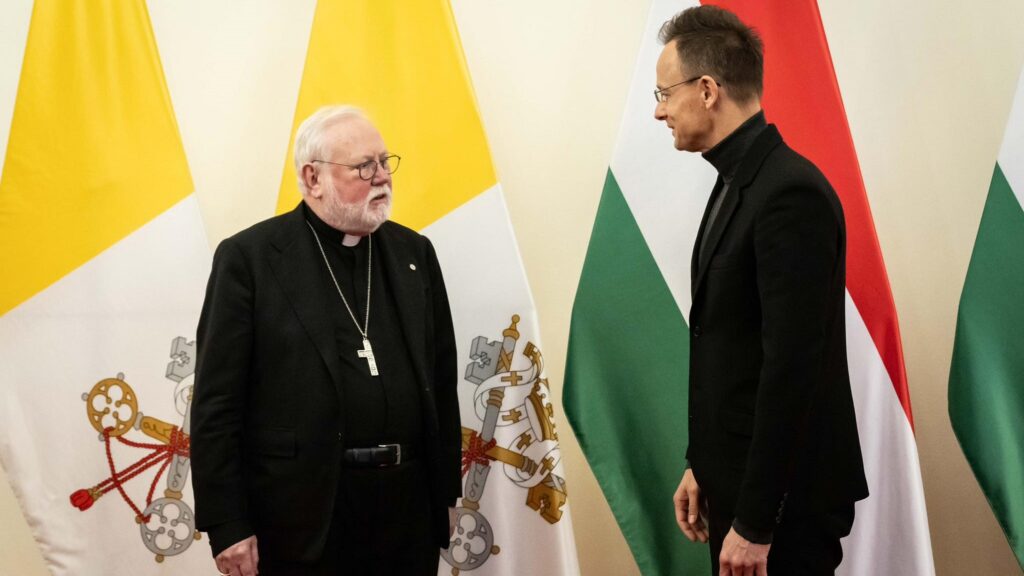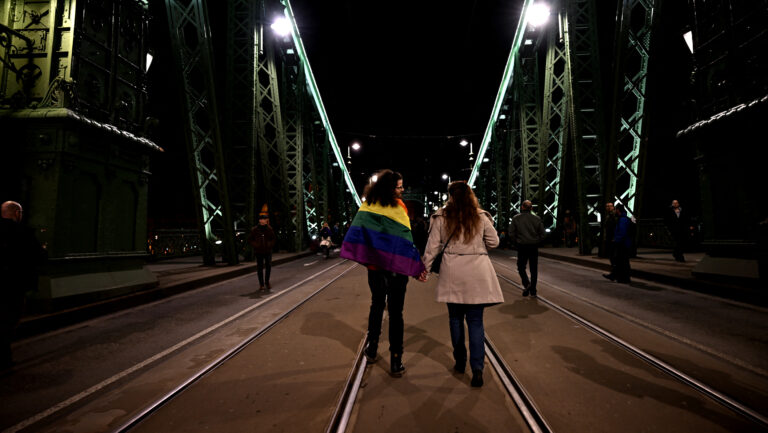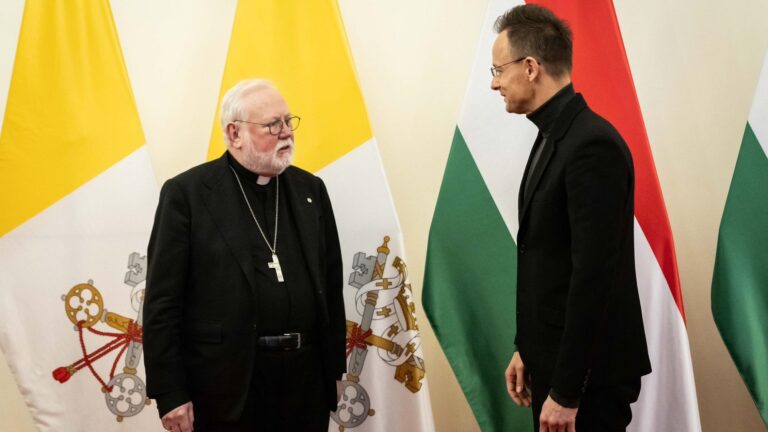On June 4th, the Hungarian national football team hosted England to play the first group match of the UEFA Nations League. Hungary was forced to play behind closed doors due to putative racist acts (e.g. Hungarian fans had unfurled banners reading ‘ANTI-LGBTQ’) by fans during last year’s European League. However, the temporary spectator ban ruled by the UEFA has its loopholes which allowed under-14s from schools and football academies accompanied by adults to attend meaning ca. 35,000 Hungarian children could watch its national team playing against the silver medallist of last year’s European League.
England’s national football team performed the ‘BLM knee’ prior the game which was poorly received again and booed by the children as well prompting the concern about Hungarian children in the international media.
Hungary forced to play game behind closed doors due to fan racism, let in 30,000+ under 14s, who boo England players taking the knee pic.twitter.com/jt652RE310
— Sam Cunningham (@samcunningham) June 4, 2022
Hungarian fans regularly voiced their antipathy – indeed they partially got the ban for this as well – since the first day they faced with the kneeing of the opponent as the far-right woke ideology, postured to be progressive imported from the US and infiltrated to European sport events. Despite UEFA and FIFA theoretically prohibiting political messages within the sport, it seems that they make generous exceptions with regard to LGBTQ or ‘woke’ messages. It thus betrays those who go to sports events to escape an already over-politicized world if only for 90 minutes. As for the Hungarian children, they especially deserved the uncorrupted joy of playing and spectating a sport without being confronted with identity politics.
From a historical perspective, it is clear why the progressive movement failed to create a sense of collective guilt in Hungary
This kind of imported political messages, built on collective remorse, are otherwise incomprehensible and unconversant with the social, cultural and historical context of several Central European countries. From a historical perspective, it is clear why the progressive movement failed to create a sense of collective guilt in Hungary. The oppressor-oppressed narrative through which BLM operates can only be interpreted in one way in Europe. The continent, given its colonising past, is guilty as a whole of the charge of racism and oppressive imperialism for which it must now expiate. However, with a little knowledge of European history, we can already sense that this interpretation is flawed somehow. It is surely no coincidence that Western Europe, which does indeed have an imperial and colonial past, found it easier to naturalise the ‘kneel’ choreography, both to stand up against racism and to repent for the sins of the past.
Central Europe and Hungary in particular, on the other hand, have a very different historical memory in the context of the oppressor-oppressed narrative, where the region tended to belong to the latter, having suffered the yoke of the Ottoman, German or even communist Soviet Union. That is why the progressive political movement that seeks to build on the guilt of oppression on the continent fails to adopt such choreography in countries that has been more the victims of oppression throughout their history.
And in the end, there is something so contradictory to Gareth Southgate’s answer when he was asked about the Hungarian children’s reaction to the kneeling: “that’s why we do [take the knee] — to try to educate people around the world”, he answered. Just when we might have thought that all the kneeling is a kind of an apology from those who do it, realising it was a mistake by their ancestors trying to “educate” people around the world.
Of course, the recent negative press coverage of the “racist Hungarian children” may just be a distraction, as the Hungarian team heroically won by 1-0 against the European League’s silver medallists England after 60 years again. In front of the eyes of the young generation. And on the 4th of June, which is the day of National Unity in Hungary, a day of commemoration of the unjust Trianon peace treaty ordered by European great powers it was hard not to feel a little historical repartee in the victory.

